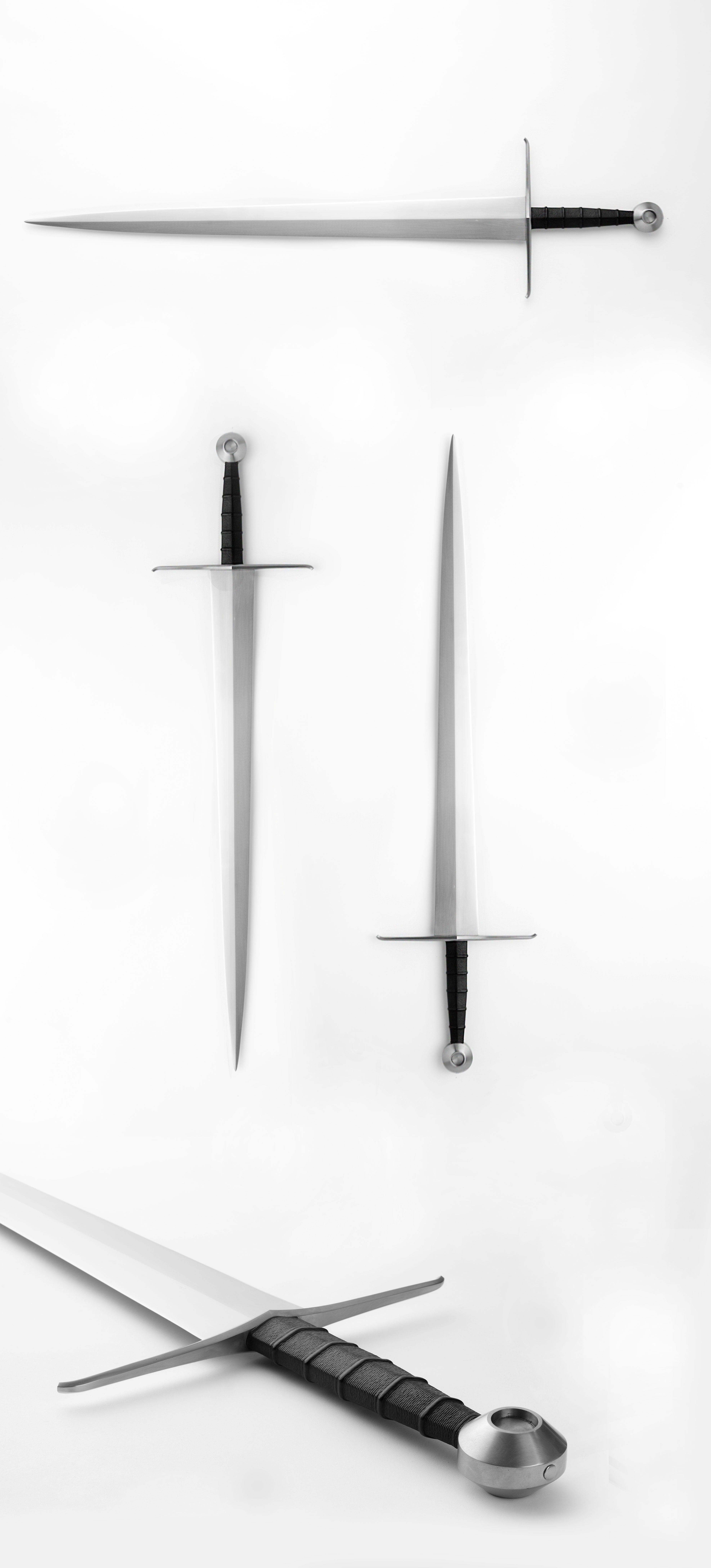------------
Order by Email, call our tollfree line at
1-888-806-4356,
or fill out our



Order by Email, call our tollfree line at
1-888-806-4356,
or fill out our